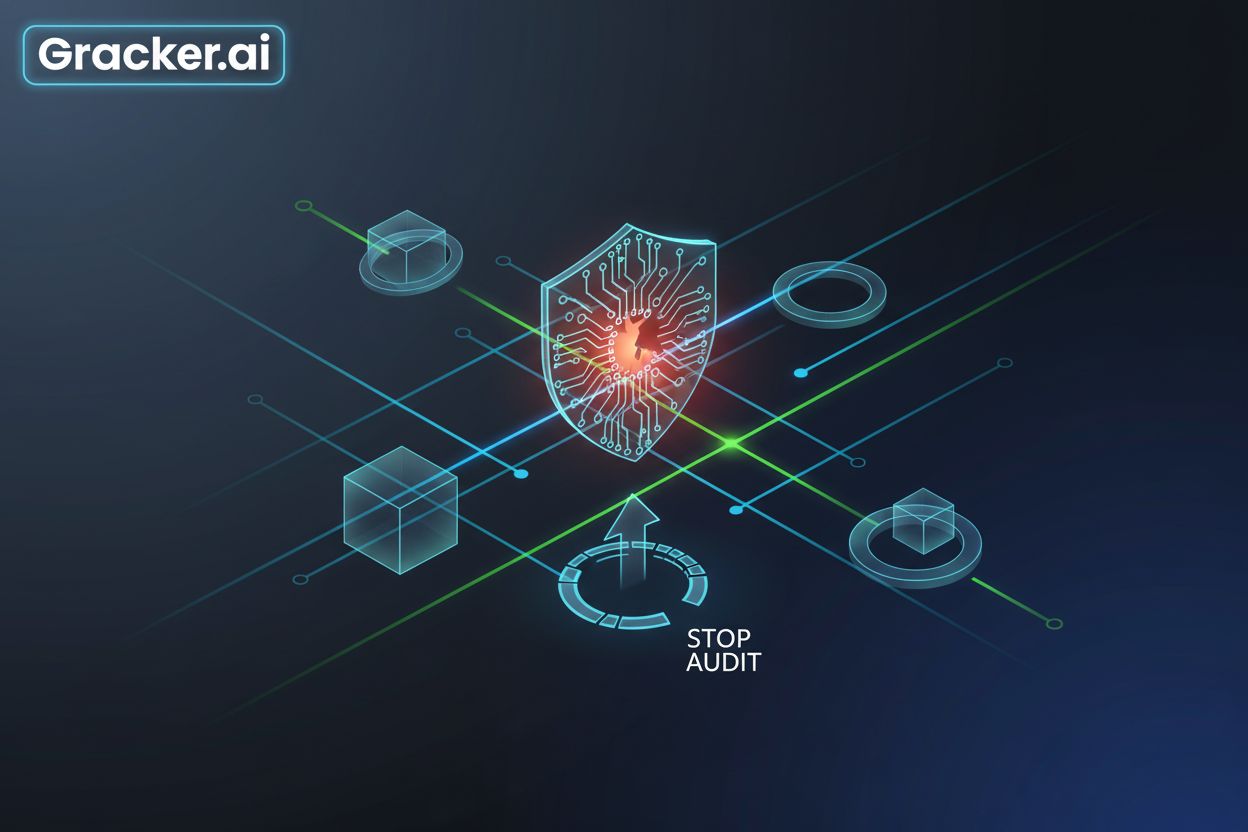**Stop Bleeding Leads: The Cybersecurity Marketing ROI Audit B2B SaaS Can't Ignore**
The world of cybersecurity marketing is a complex and ever-evolving beast. With new threats emerging daily, it's no wonder that many companies struggle to see a return on their investment. In this article, we'll explore the common pitfalls that plague even the most well-intentioned marketers and provide a step-by-step guide to conducting a cybersecurity marketing ROI audit.
**The Silent Killer: Why Your Cybersecurity Marketing ROI is Lower Than You Think**
Ever felt like you're pouring money into cybersecurity marketing, but the ROI just isn't there? You're not alone. And honestly, it's probably worse than you think. Automated marketing strategies can be a recipe for disaster if not regularly optimized and updated to reflect changing market conditions.
**The Dangers of Neglecting Ongoing Optimization**
Simply put, if you're not actively tweaking and optimizing your campaigns based on real-time data, you're losing money to the competition. It's like driving a car with your eyes closed – eventually, you'll crash.
**How Market Shifts Impact Your ROI**
The cybersecurity market is incredibly dynamic. New vulnerabilities emerge, compliance regulations evolve, and customer needs shift. What was a hot topic six months ago might be old news now.
**Beyond Ad Spend: The Factors That Significantly Impact Your Cybersecurity Marketing ROI**
* **Lost lead potential**: Irrelevant or outdated content turns potential customers away. * **Wasted content creation efforts**: Creating content that no one reads is a huge waste of time and resources. * **Damaged brand reputation from irrelevant content**: Publishing irrelevant or inaccurate information can damage your credibility and make your company look out of touch.
**Unique Challenges of Marketing Cybersecurity Solutions**
Unlike selling shoes, cybersecurity marketing faces unique challenges. It's technical, it's complex, and it's often difficult for non-technical audiences to understand.
**The Need for Specialized Expertise**
You can't just hire any marketing agency and expect them to understand the nuances of cybersecurity. You need people who "get it."
**Conducting a Cybersecurity Marketing ROI Audit: A Step-by-Step Guide**
1. **Define Your Objectives**: What are you trying to achieve with your cybersecurity marketing? I mean, beyond just "getting more leads." 2. **Measure Success**: Don't just say "more traffic." Define exactly what metrics you'll track. 3. **Set Realistic and Achievable Targets**: Don't aim for the moon right away. 4. **Implement Comprehensive Analytics**: You need to track everything. 5. **Monitor Key Metrics**: Keep a close eye on those key metrics we talked about earlier.
**Growth Hacking for Cybersecurity: Proven Tactics to Boost ROI**
1. **pSEO**: Programmatic SEO is a game-changer for cybersecurity marketers. 2. **Laser-Focused Community Engagement**: Don't just spam your product links! 3. **Hyper-Personalized Content**: Segment your audience based on industry, role, and pain points.
**Case Studies: B2B SaaS Companies That Nailed Their Cybersecurity Marketing ROI**
Want to see it in action? Check out these examples of companies that have successfully boosted their cybersecurity marketing ROI.
**Conclusion: Stop the Bleed and Start Growing**
Alright, so you've been bleeding leads, throwing money into the cybersecurity marketing abyss. Now what? Time to stitch things up and actually grow.
I hope this helps! Let me know if you need any further assistance.
